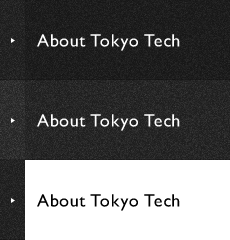Tokyo Tech students received "Best Information Processing Project" at iGEM World Championship Jamboree
The Tokyo Tech team won the Best Information Processing Project at the iGEM (International Genetically Engineered Machine) 2012 World Championship Jamboree held in November at MIT. Tokyo Tech was the first Japanese team to be awarded this prize back in 2010. iGEM is a worldwide, undergraduate synthetic biology competition. Standardized biological parts, called BioBricks, are provided to the student teams and they compete by presenting their design and formulation of a new biological system. This year the nine-member Tokyo Tech team recreated Shakespeare's Romeo and Juliet using two kinds of Escherichia coli cells and cell-cell communication. The team advanced to the World Championship Jamboree after winning gold in the iGEM 2012 Regional Jamboree-Asia held in October at the Hong Kong University of Science and Technology. Tokyo Tech won a gold medal for the sixth consecutive year at the regionals. Of the 190 participating teams worldwide, only 4 universities, Tokyo Tech, UC Berkeley, the University of Edinburgh and the University of Freiburg, boast this record.
Tokyo Tech News (Japanese)
. Any information published on this site will be valid in relation to Science Tokyo.















